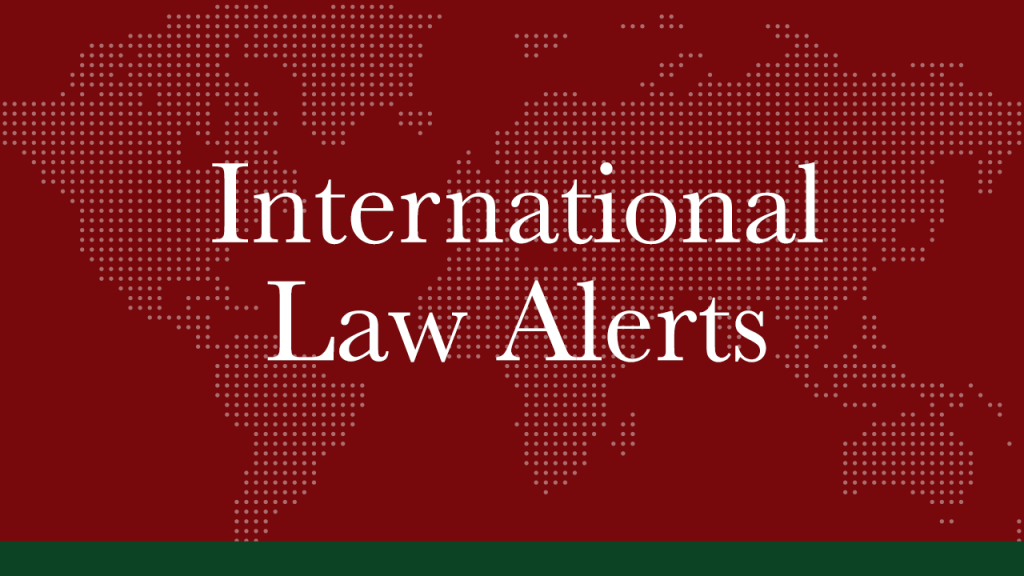
The House Committee on Ways and Means on Monday approved the fiscal provisions of a bill creating the Philippine Atomic Regulatory Commission (PARC).
North Korea continued developing its nuclear and ballistic missile programs during the first half of 2021 in violation of international sanctions and despite the country’s worsening economic situation, according to an excerpt of a confidential United Nations report seen by Reuters on Friday, August 6.
President Joe Biden told Israeli Prime Minister Naftali Bennett in White House talks on Friday, August 27, that he was putting “diplomacy first” to try to rein in Iran’s nuclear program but that if negotiations fail he would be prepared to turn to other unspecified options.
Iran is ready to resume talks reviving the nuclear deal with world powers under new president Ebrahim Raisi, and meetings could take place in Vienna from early September, an EU official said on Saturday.
The Japanese city of Nagasaki on Monday commemorated the 76th anniversary of its destruction by a US atomic bomb, with the mayor calling for the global community to build on a new nuclear ban treaty.
The United States on Monday voiced alarm over Iranian production of uranium metal reported by the UN nuclear watchdog as it urged the clerical state to return to talks.
Nuclear scientists using lasers the size of three football fields said Tuesday they had generated a huge amount of energy from fusion, possibly offering hope for the development of a new clean energy source.
Nuclear-armed North Korea appears to have restarted its plutonium-producing reprocessing reactor in a “deeply troubling” development, the UN atomic agency has said, a possible sign Pyongyang is expanding its banned weapons programme.
About 20 legal advisors, officials and experts from seven IAEA Member States in the Latin America and the Caribbean region participated in a virtual regional workshop on nuclear law, held from 12 to 15 July 2021.
Nuclear and isotopic techniques can help us to better understand the world we live in. The data we gather with these techniques can lead to improved, science-based policy making, including in relation to climate change
The IAEA will host three virtual events in connection with the Pre-COP26 climate meeting in Italy this autumn, the final ministerial gathering before the United Nations Climate Change Conference (COP26) in Glasgow in November
Groundwater provides half of all drinking water worldwide. The impact of climate change on groundwater sources is severely impacting availability and quality in many countries, including Namibia
Asia’s first demonstration facility for medical wastewater treatment using electron beam (EB) technology commenced operation in China this year. “This is the first pilot-scale – 400 cubic meters per day – demonstration of EB for medical wastewater treatment,” said Shijun He, Professor at the Institute of Nuclear and New Energy Technology (INET) at Tsinghua University
As nuclear technology plays a significant role in energy generation, efforts to ensure the long-term sustainability of nuclear safety are crucial
For over 60 years, the IAEA’s nuclear applications laboratories have provided Member States with applied research into human health, food security, and environmental protection.
The International Atomic Energy Agency (IAEA) and Japan today agreed to begin implementing the on-site safety review of the water release at Fukushima Daiichi in September







































































































 on the upper right corner to select a video.
on the upper right corner to select a video.